travel
China Elevator Stories
Harbin: A Former Russian Settlement in China's Northeast (China Travel)
Harbin was founded by Russian settlers in 1898.
28/10/2025

Ruth Silbermayr
Author
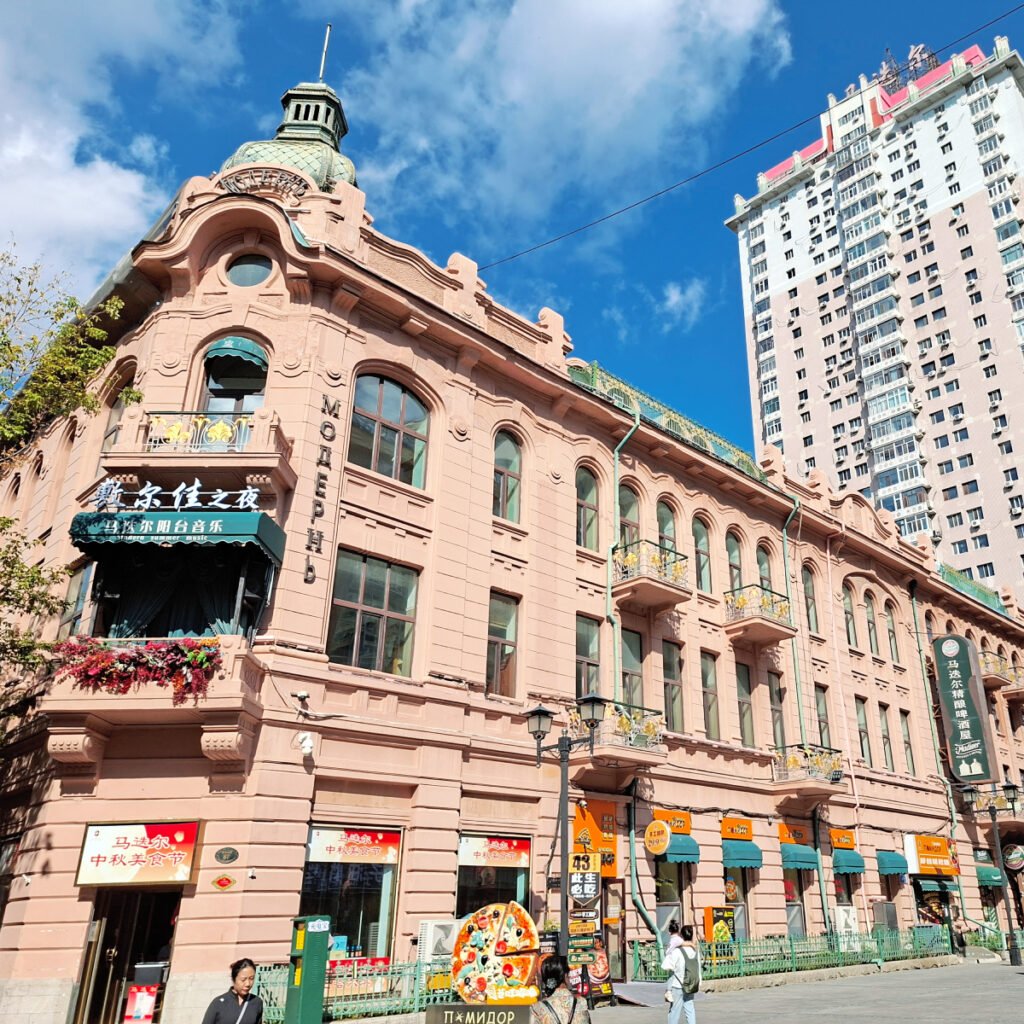
Harbin is best known as the city that hosts the annual Ice and Snow Festival, a festival popular with both domestic and international tourists. It is also one of the cities in China with a distinct Russian influence. Indeed, it was a city built by Russian settlers in 1898, when the Russian Empire allowed Russians to move to Harbin and be exempt from army service, thereby encouraging Russian settlement and the rapid growth of this unique city in China. Since the Russian Empire also encompassed countries such as Ukraine and Georgia, settlers were not only Russian, but also Ukrainian, Georgian, and from other regions.
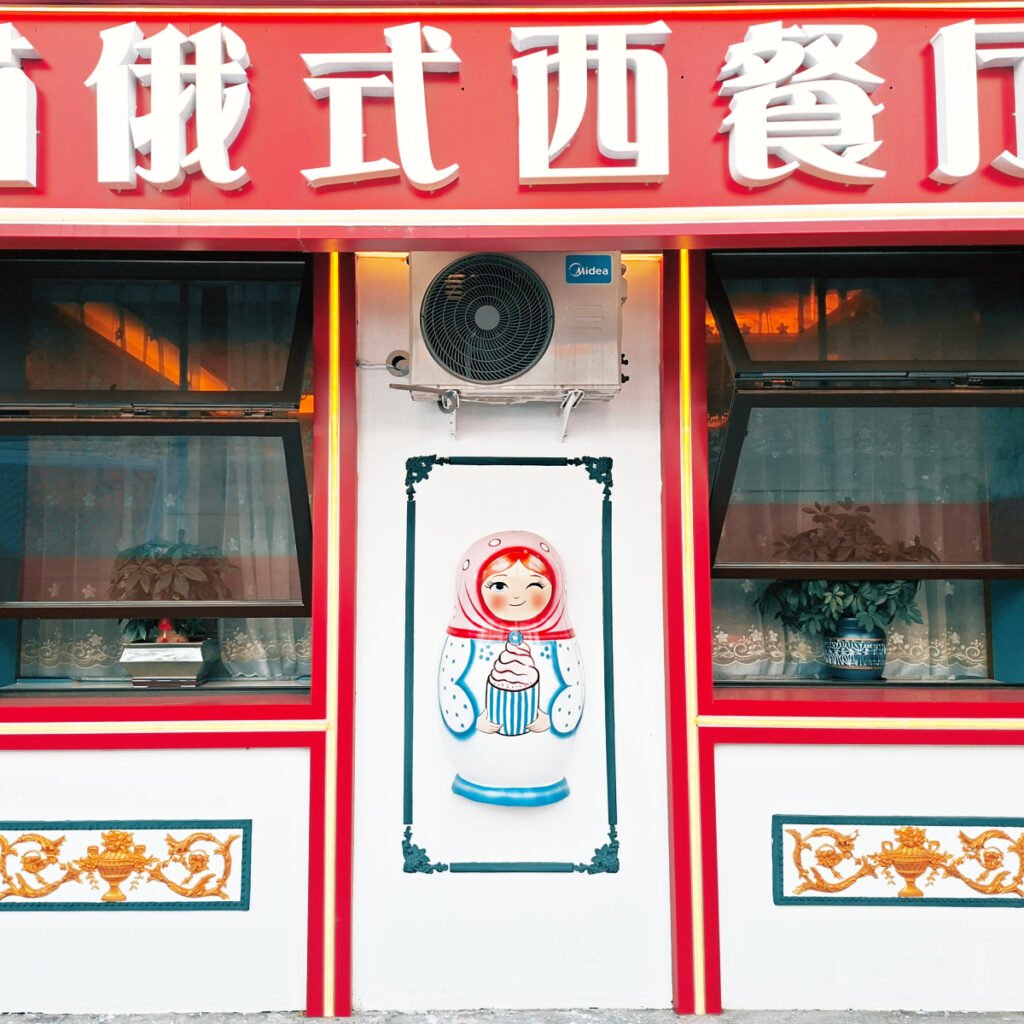
The settlement began when the Chinese Eastern Railway was built by the Russian Empire in 1897, which made it easy for Russians to move to Harbin and connected Northern Russia more efficiently with Vladivostok on the Pacific Ocean. Russia obtained the privileges to build this railway from the ruling Chinese dynasty at the time, the Qing. Harbin was turned into a Russian-administered concession.
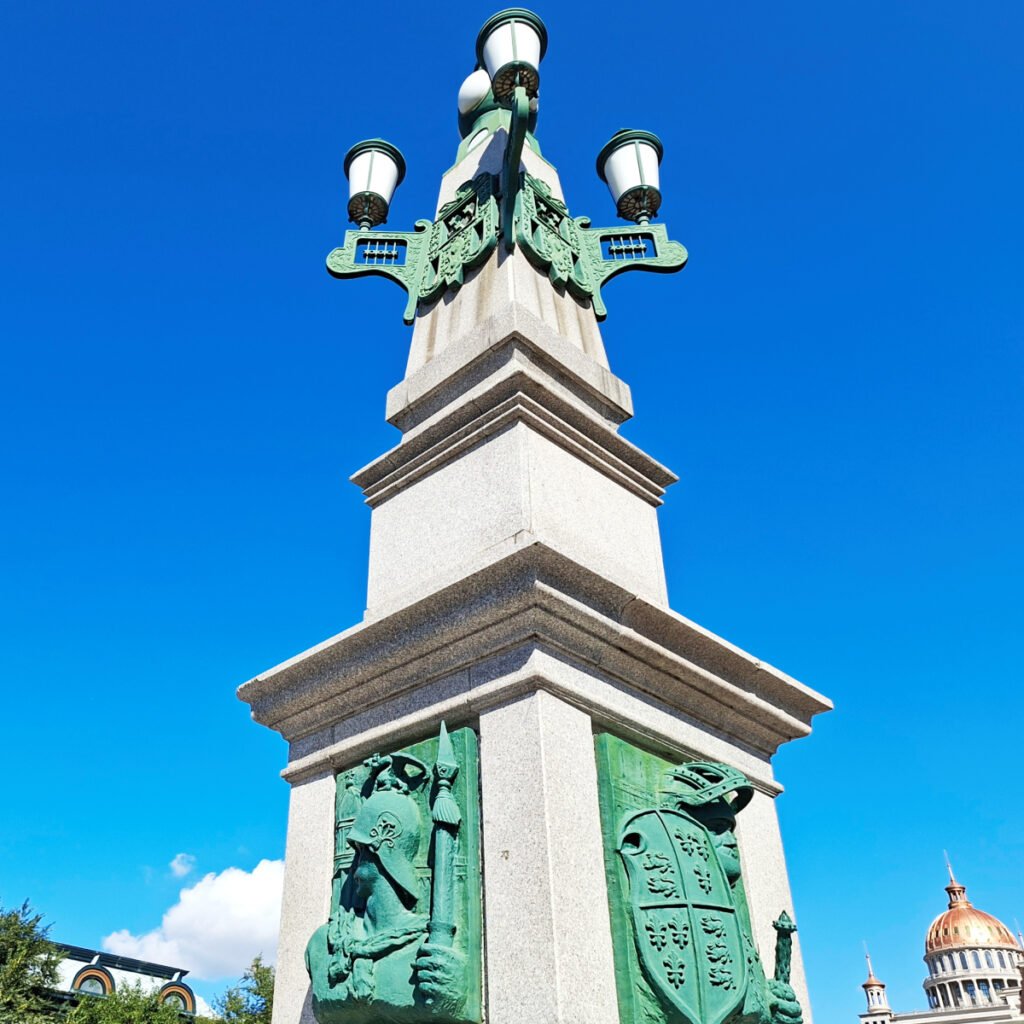
Today, Russian-style buildings can still be found in many places in Harbin, though many modern high-rises and Chinese buildings are also present. The area around Zhongyang Street (中央大街) shows this Russian influence, giving visitors a sense of Europe—a feeling some travelers enjoy, while others may not. With many Chinese tourists, this area is particularly popular and makes Harbin an especially interesting place to visit.
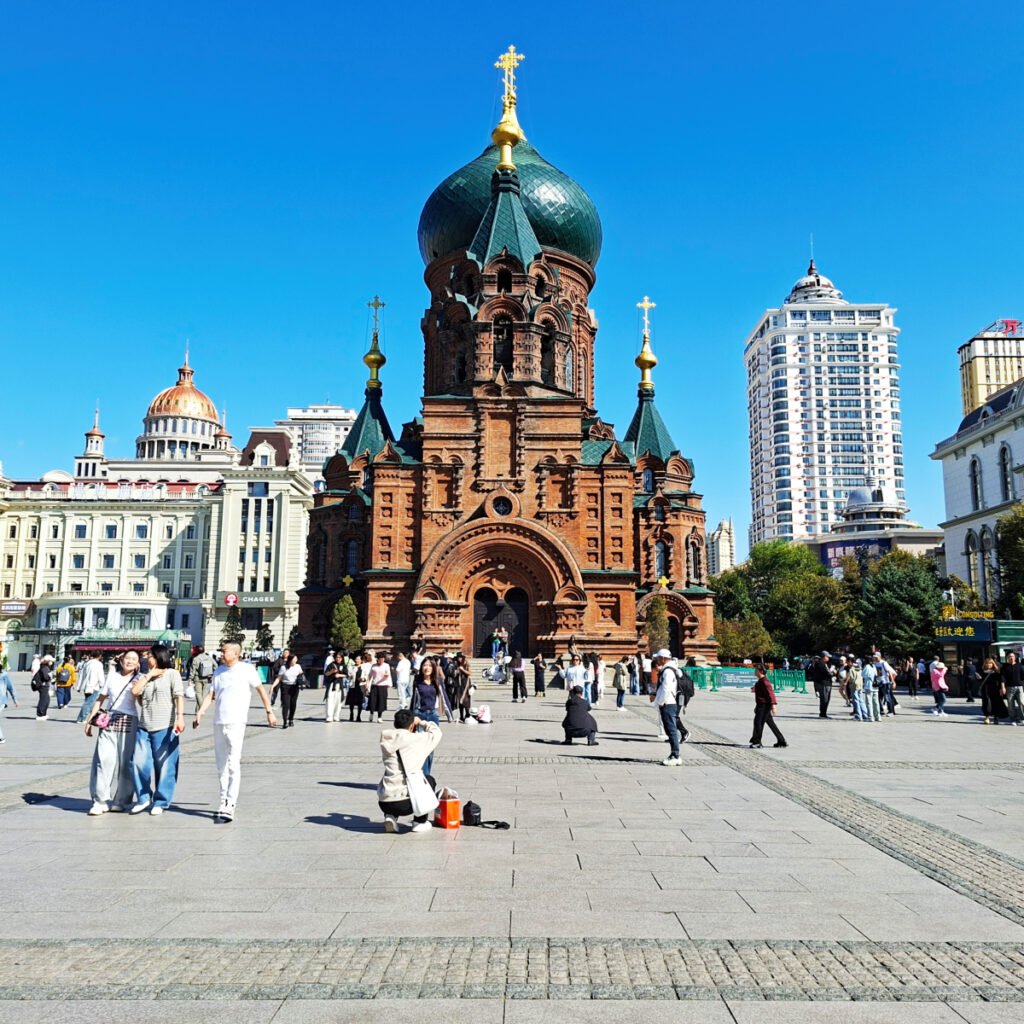
One of Harbin’s most famous attractions is the St. Sophia Cathedral, built in 1907. It was the largest Eastern Orthodox Church in the Far East and was converted from a church into a museum in 1997.
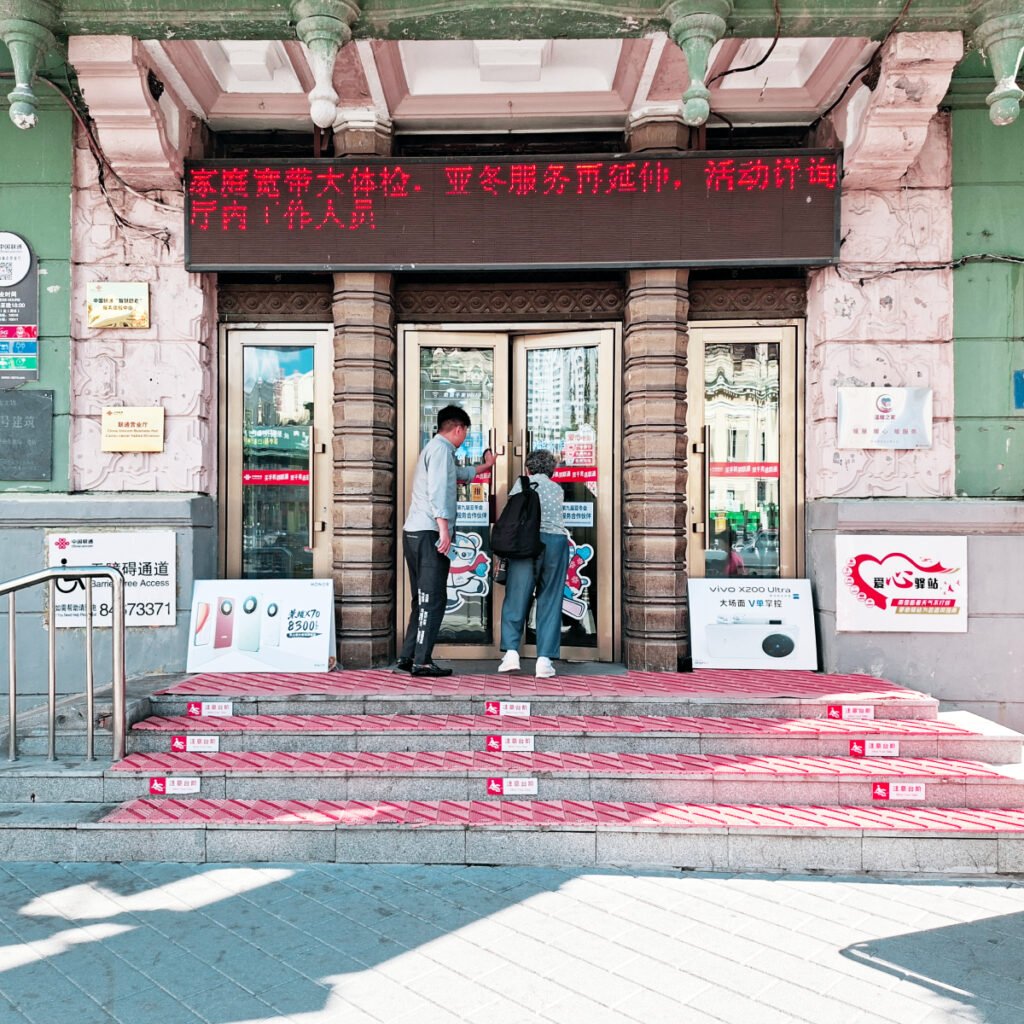
Harbin also had a Jewish population, mainly composed of Jews from the Russian Empire who had settled before World War II. These Jews had experienced discrimination in the Russian Empire but enjoyed more equal treatment in Harbin, including rights to tax exemptions and land grants. In the Russian Empire, most Jews were restricted to the regions defined by the Pale of Settlement (1791–1917). The Pale of Settlement imposed limits such as restricted freedom of movement, the inability to buy agricultural land, and exclusion from certain professions—like law, government, and medicine—unless special permission was granted. State-run schools and universities had quotas for Jewish students, allowing only a small percentage to attend. Jews were also excluded from voting in elections or holding political office.
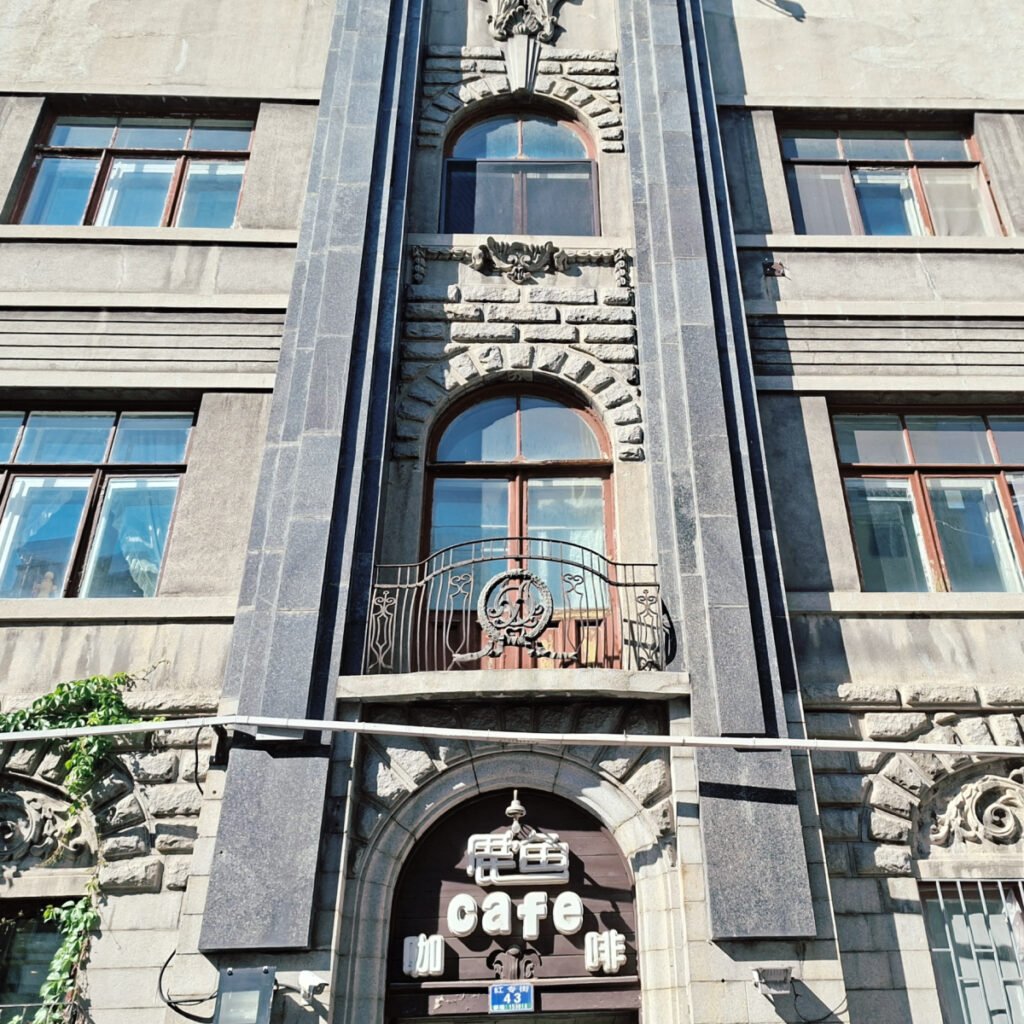
In Harbin, the growing Jewish community supported each other and built several communal buildings, most of which are located on Zhongyang Street and nearby streets.
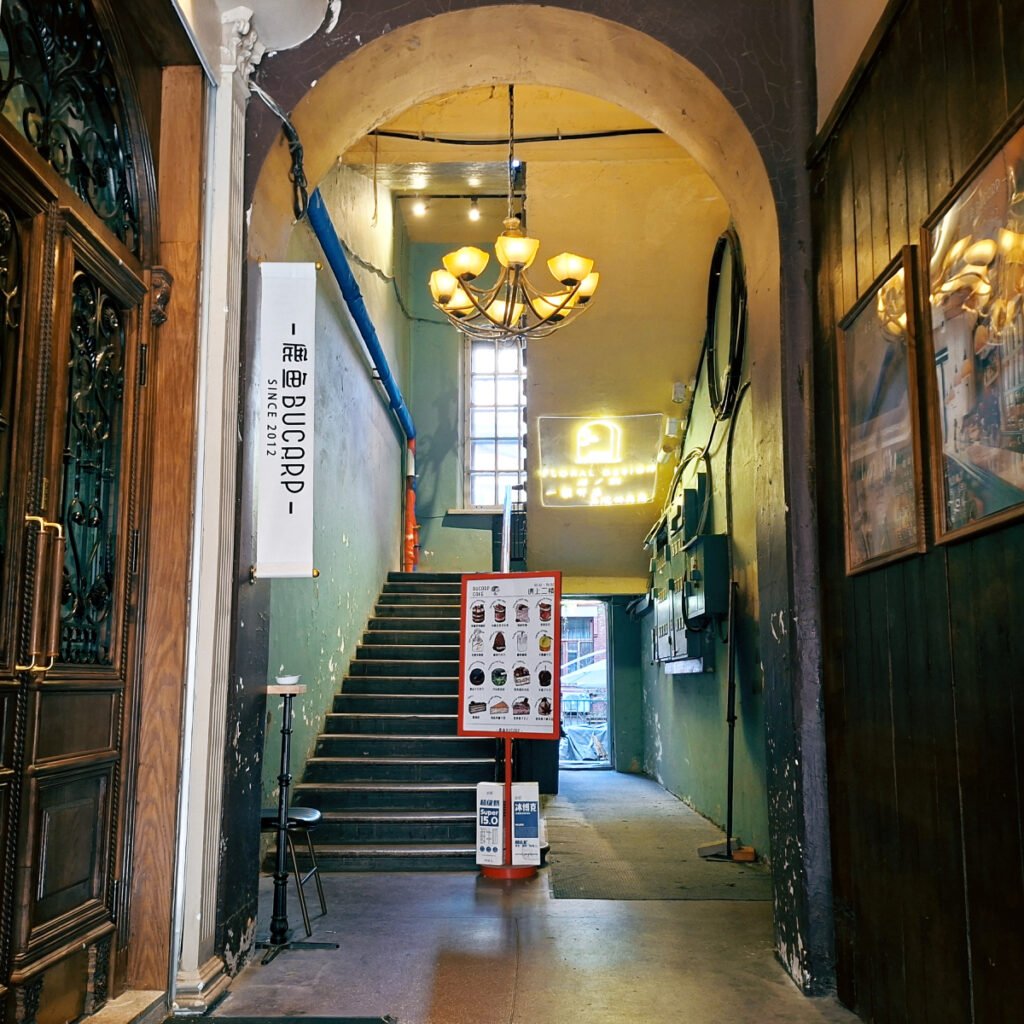
These include the former Jewish National Bank, the Harbin Old Synagogue Concert Hall (a former synagogue turned concert hall on Tongjiang Street), former Jewish schools, and the former Jewish Hospital. This hospital, founded in 1933 by the Jewish Relief Society, offered both free and paid medical treatment.
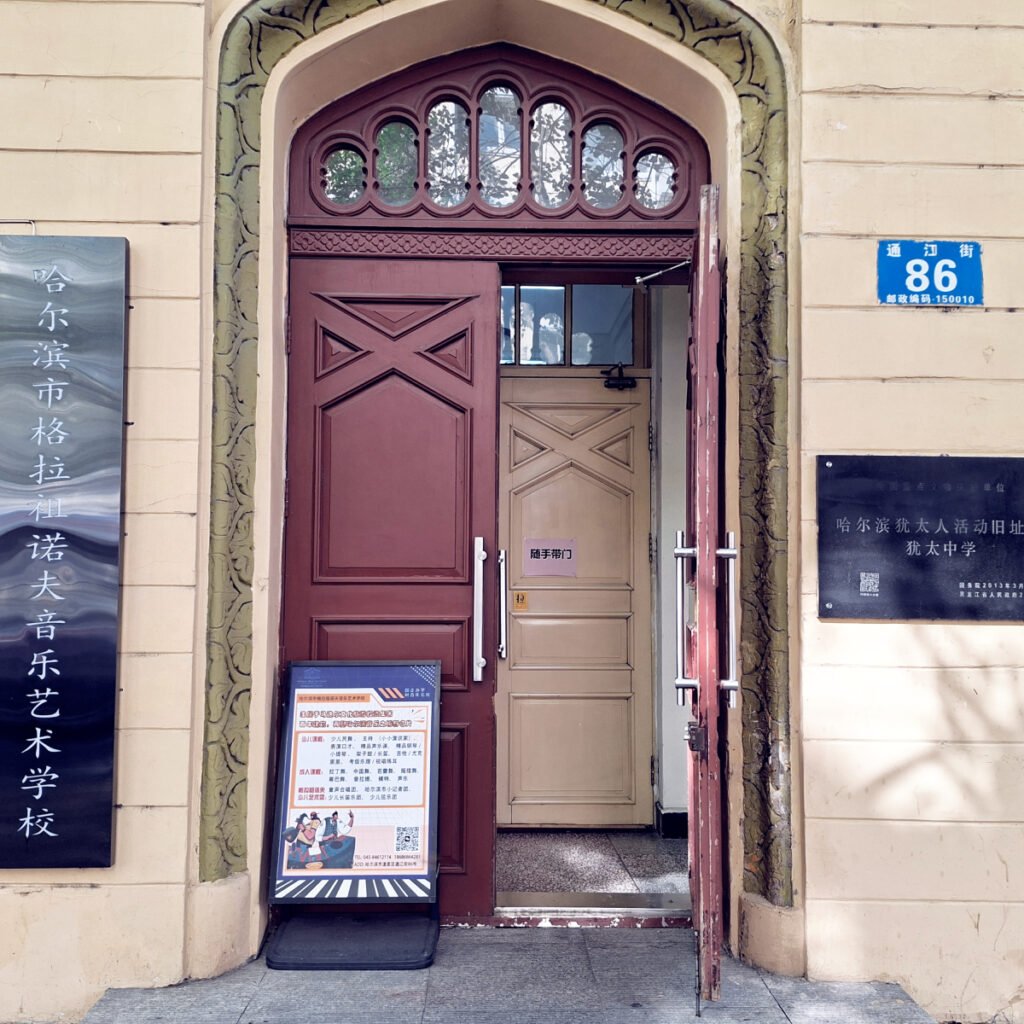
When Hitler began persecuting Jews in Germany and other European countries, some fled to Harbin.
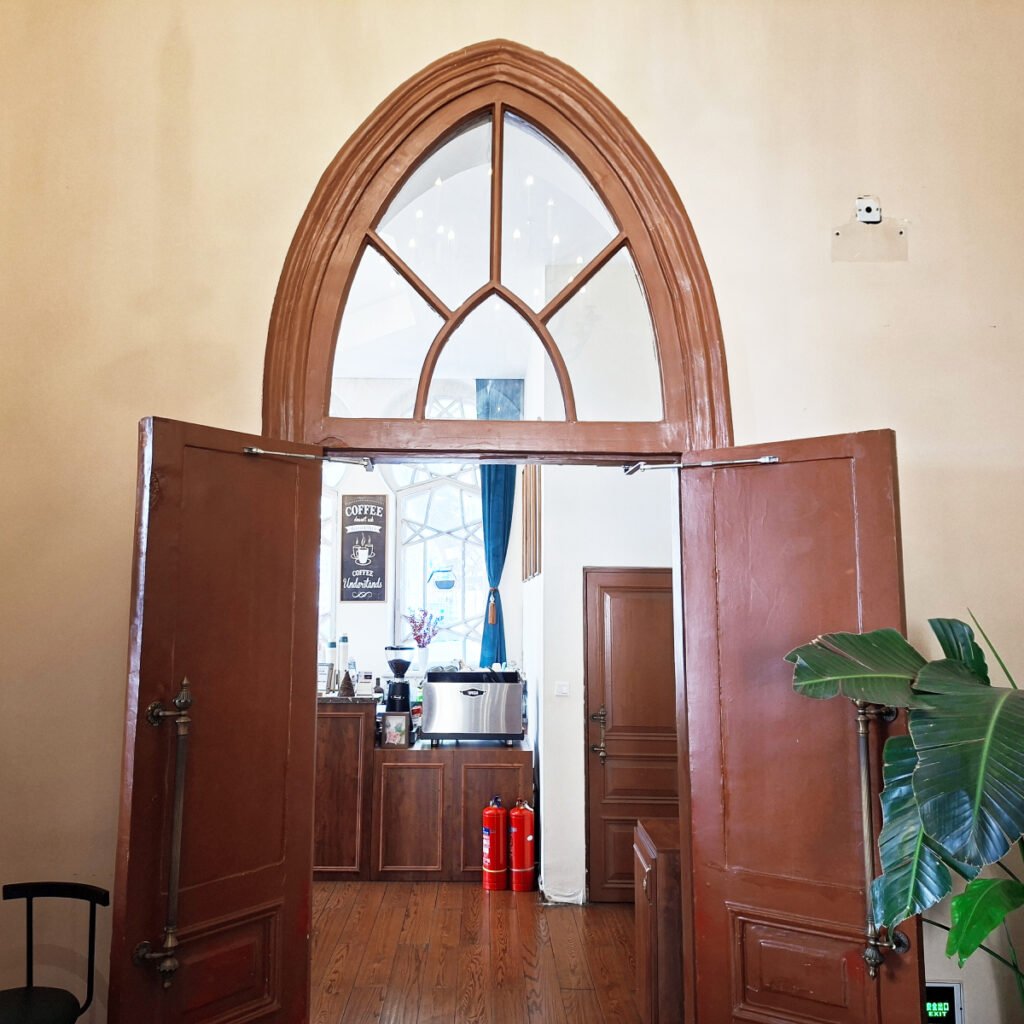
However, the efforts of the Harbin Jewish community to help German Jews settle there were sometimes sabotaged and not as successful as in other areas, such as Shanghai.
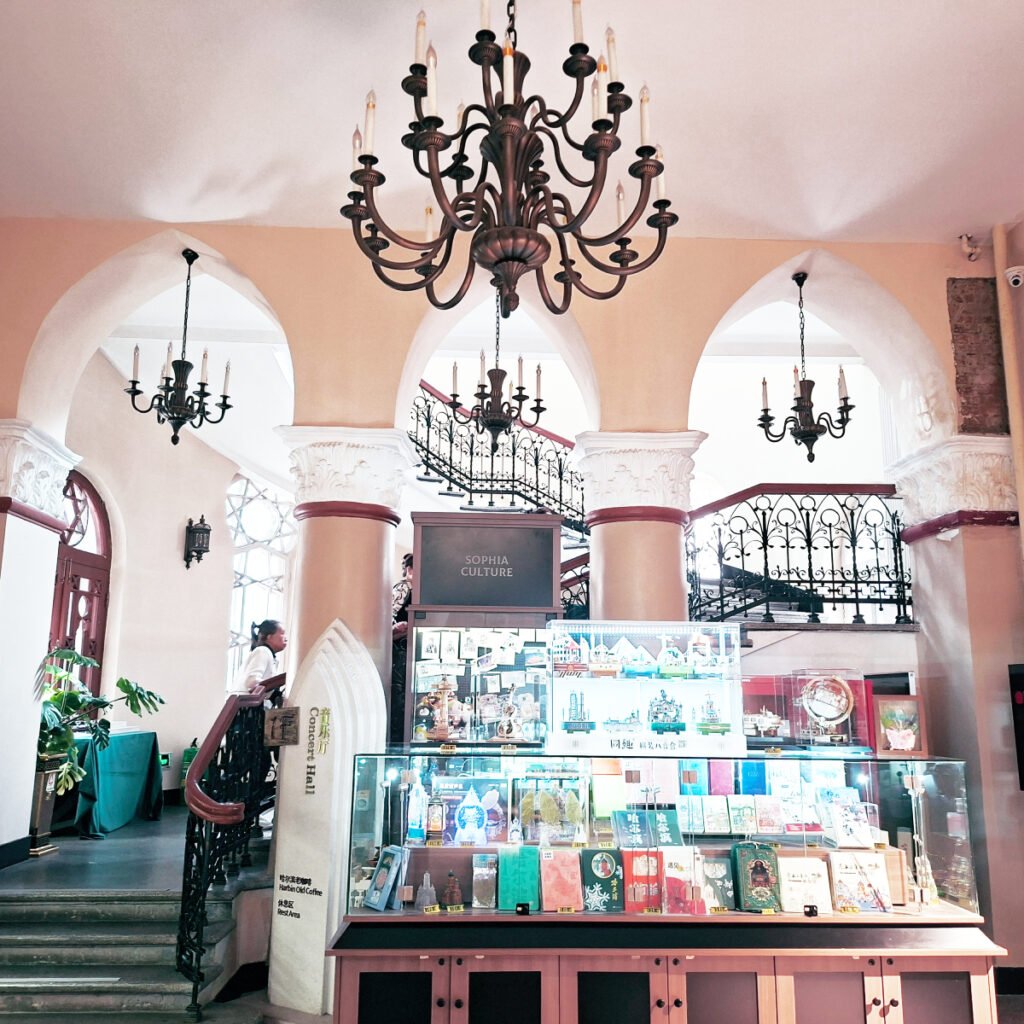
Harbin also offers many other interesting sites, such as museums, mosques, cafes, Russian restaurants, and more.
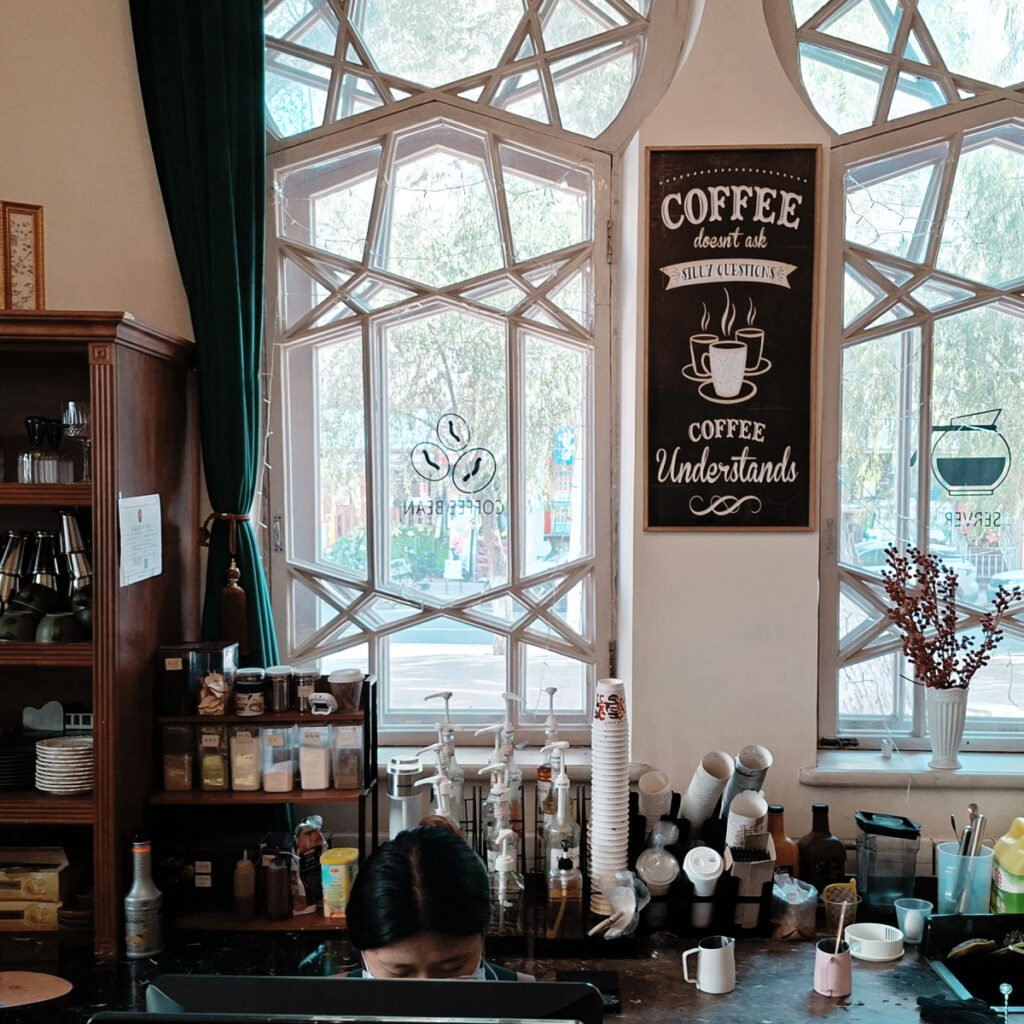
It is definitely worth a visit if you are interested in Chinese or world history, as it provides plentiful glimpses into the past and has a story that makes it unique among Chinese cities.
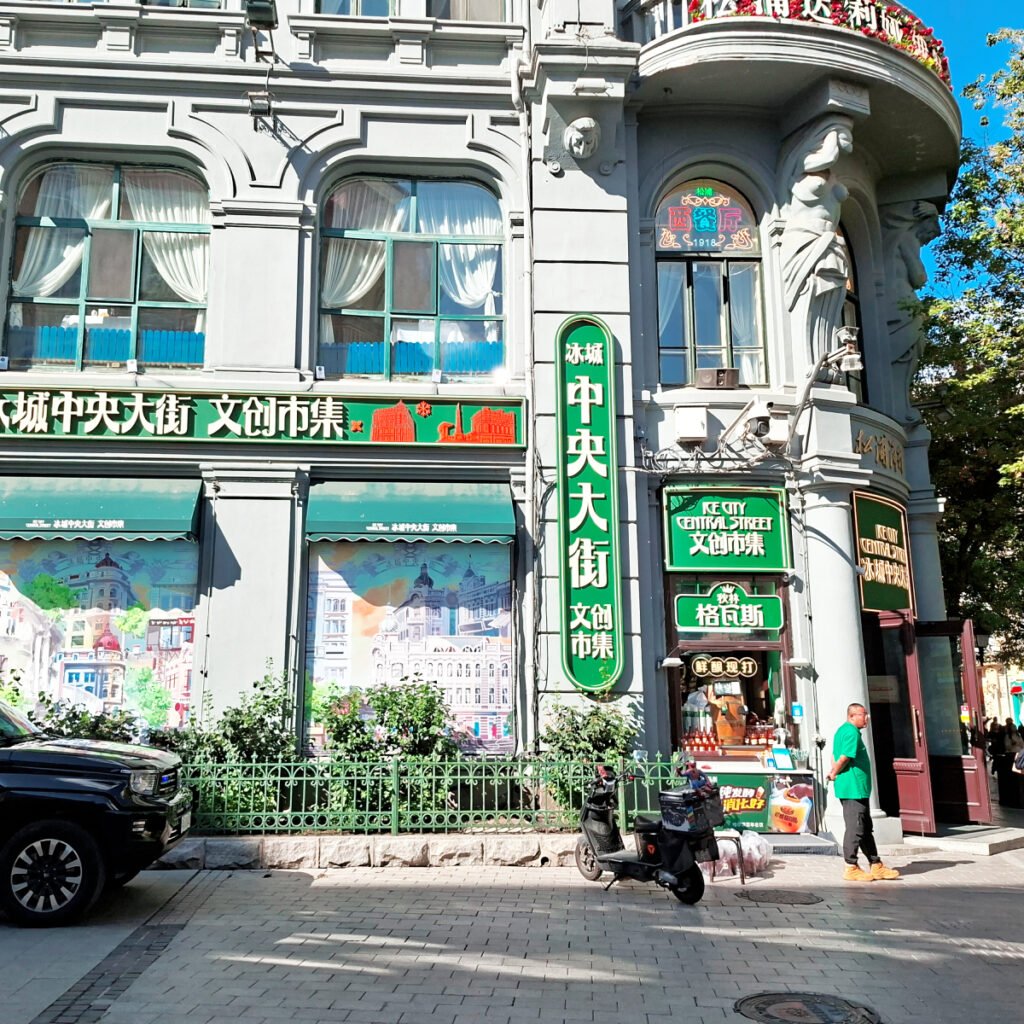
Most Jewish and Russian settlers left Harbin during the Japanese occupation of Northeast China, when Japan created its puppet regime in the region, installing China’s last emperor, Puyi, as the puppet emperor of their newly founded state, Manchukuo (1932–1945).
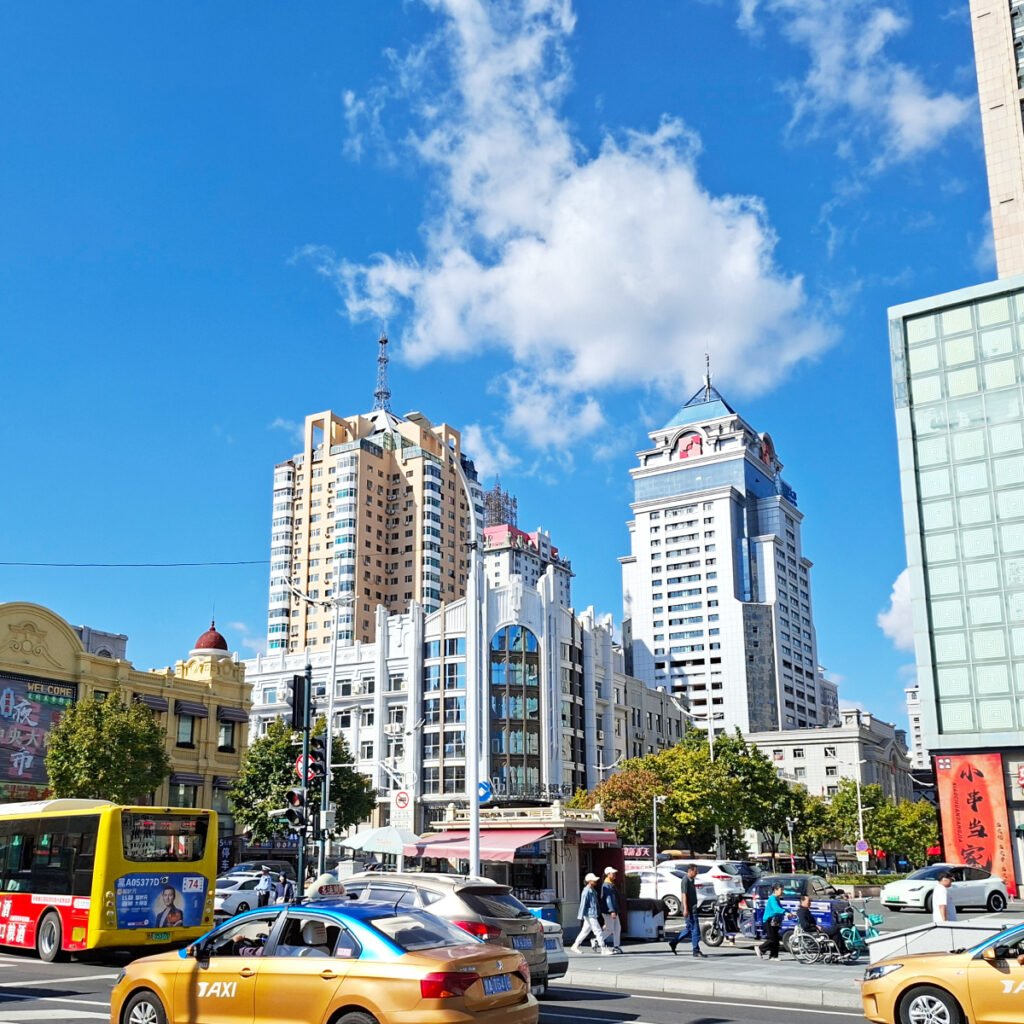
Russians and Jews faced increasing persecution and discrimination, and most left whenever they could to escape these conditions.
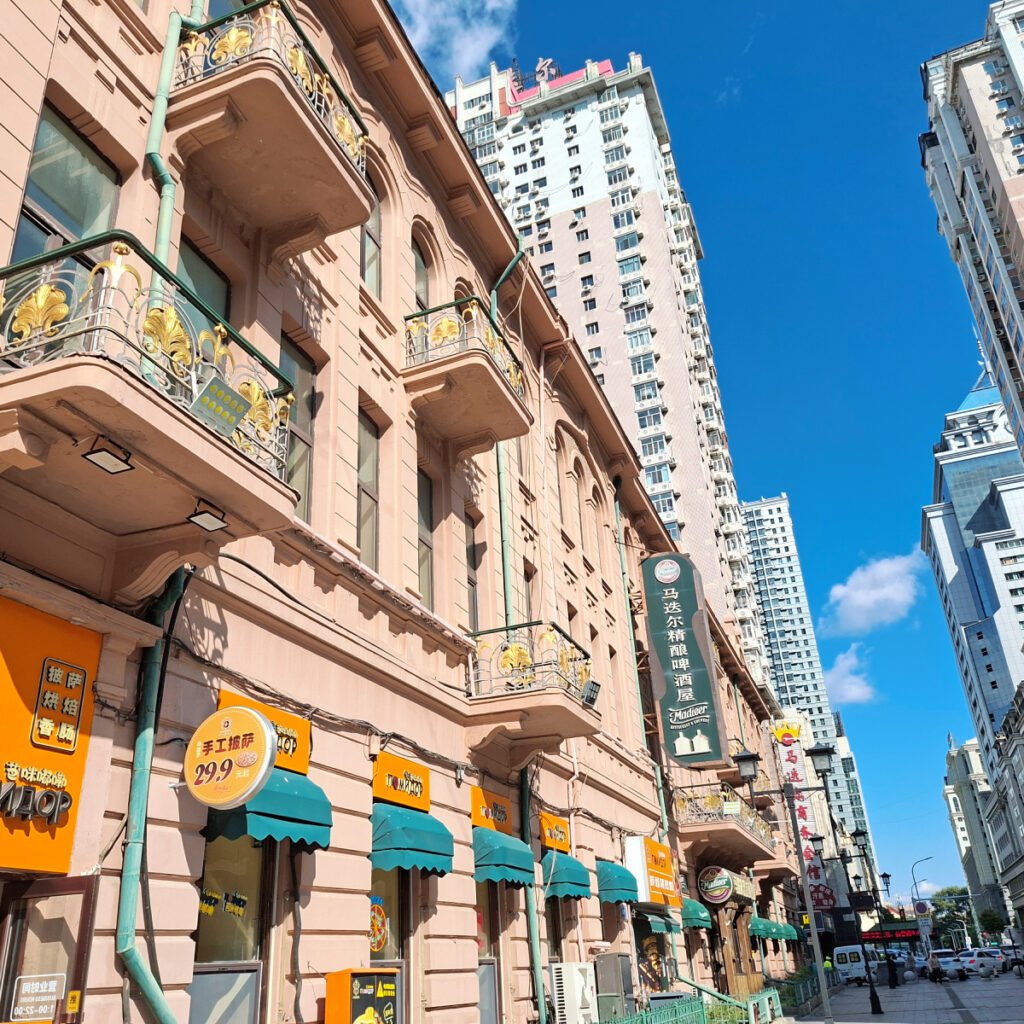
Have you ever been to Harbin?
Can I simply say what a relief to search out somebody who really is aware of what theyre talking about on the internet. You undoubtedly know tips on how to convey an issue to mild and make it important. Extra individuals must read this and perceive this facet of the story. I cant imagine youre no more fashionable since you undoubtedly have the gift.
Thanks!
An attention-grabbing dialogue is price comment. I believe that you need to write more on this topic, it might not be a taboo subject but typically persons are not sufficient to speak on such topics. To the next. Cheers
Thanks!